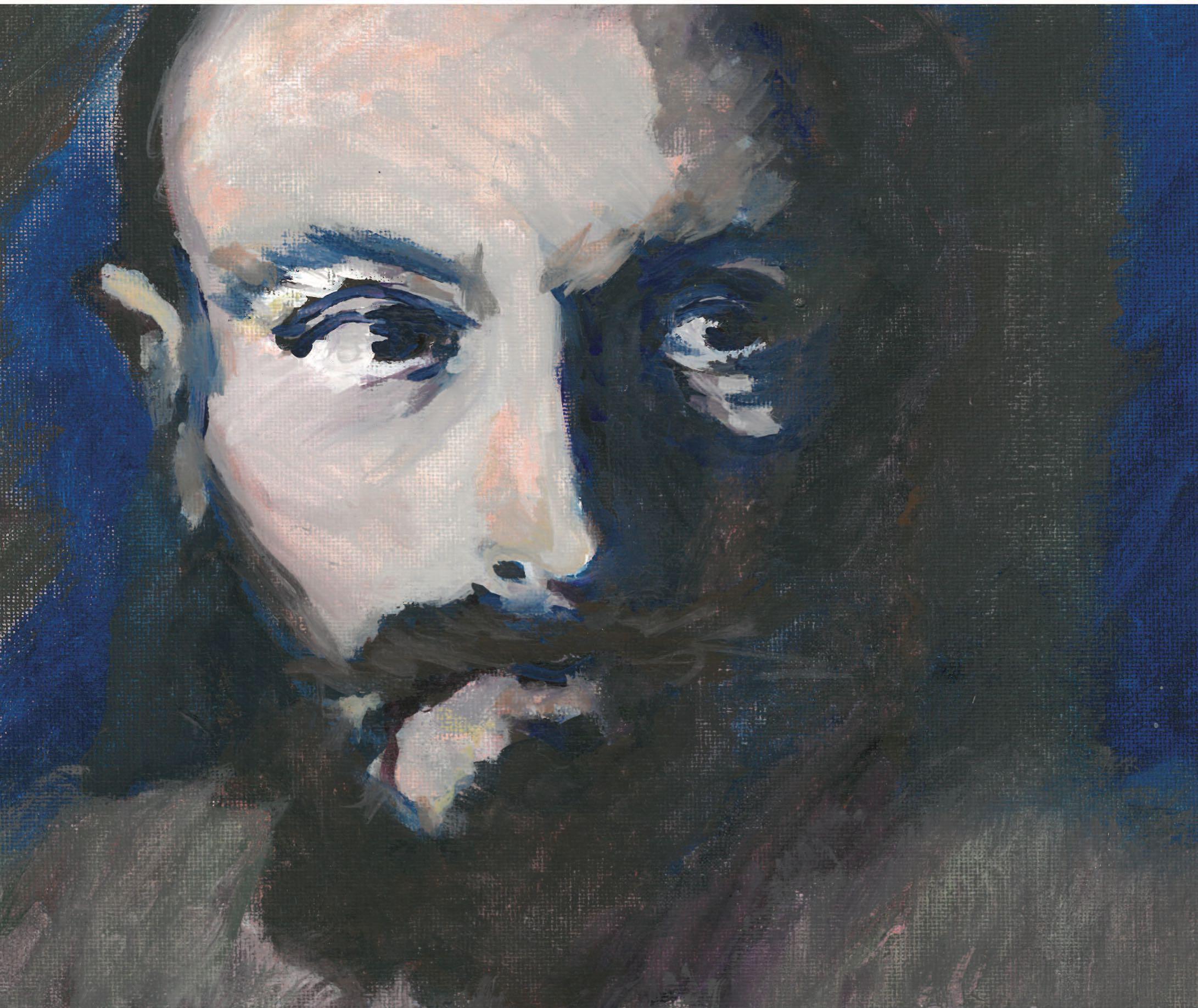
Mikhail Mikhailovich Bakhtin (1895-1975) was a Russian philosopher, philologist, literary and cultural critic. He originated many new concepts, among which the most famous are ‘dialogism’, ‘carnival’, ‘chronotope’, and ‘the laughter of man’. But there is no consensus on whether he is a philosopher or a literary scholar, since he never wrote texts that dealt with ontology, epistemology, metaphysics, or other classical philosophical topics. During his lifetime, Bakhtin was known primarily as the author of two books, Problems of Dostoevsky’s Poetics (1929) and The Works of François Rabelais and the Popular Culture of the Middle Ages and the Renaissance (1965). For these books he was later nominated for the Lenin Prize, the highest state prize of the USSR. He did not win the prize but these two books eventually brought Bakhtin lifetime fame, both in the USSR and abroad. Although Bakhtin’s key works are devoted to the problems of fiction, the content of these works is much broader, which allows us to treat them as philosophical projects. In this respect, Bakhtin is rather like Nietzsche or Foucault, neither of whom were ‘classical’ philosophers, but who nevertheless had a major impact on philosophy.
So is Bakhtin a philosopher, or not? For me there is no doubt that he is, and to this I devoted my 2023 book Philosophy of M.M. Bakhtin: The Late Period. However, it’s not enough just to say that Bakhtin is a philosopher; one must point to the substance of his philosophy. What type of philosophy did he do?
This story is from the April / May 2024 edition of Philosophy Now.
Start your 7-day Magzter GOLD free trial to access thousands of curated premium stories, and 9,000+ magazines and newspapers.
Already a subscriber ? Sign In
This story is from the April / May 2024 edition of Philosophy Now.
Start your 7-day Magzter GOLD free trial to access thousands of curated premium stories, and 9,000+ magazines and newspapers.
Already a subscriber? Sign In

Metaphors & Creativity
Ignacio Gonzalez-Martinez has a flash of inspiration about the role metaphors play in creative thought.

Medieval Islam & the Nature of God
Musa Mumtaz meditates on two maverick medieval Muslim metaphysicians.

Robert Stern
talks with AmirAli Maleki about philosophy in general, and Kant and Hegel in particular.

Volney (1757-1820)
John P. Irish travels the path of a revolutionary mind.

IT'S A WONDERFUL LIFE
Becky Lee Meadows considers questions of guilt, innocence, and despair in this classic Christmas movie.

"I refute it thus"
Raymond Tallis kicks immaterialism into touch.

Cave Girl Principles
Larry Chan takes us back to the dawn of thought.

A God of Limited Power
Philip Goff grasps hold of the problem of evil and comes up with a novel solution.

A Critique of Pure Atheism
Andrew Likoudis questions the basis of some popular atheist arguments.

Exploring Atheism
Amrit Pathak gives us a run-down of the foundations of modern atheism.